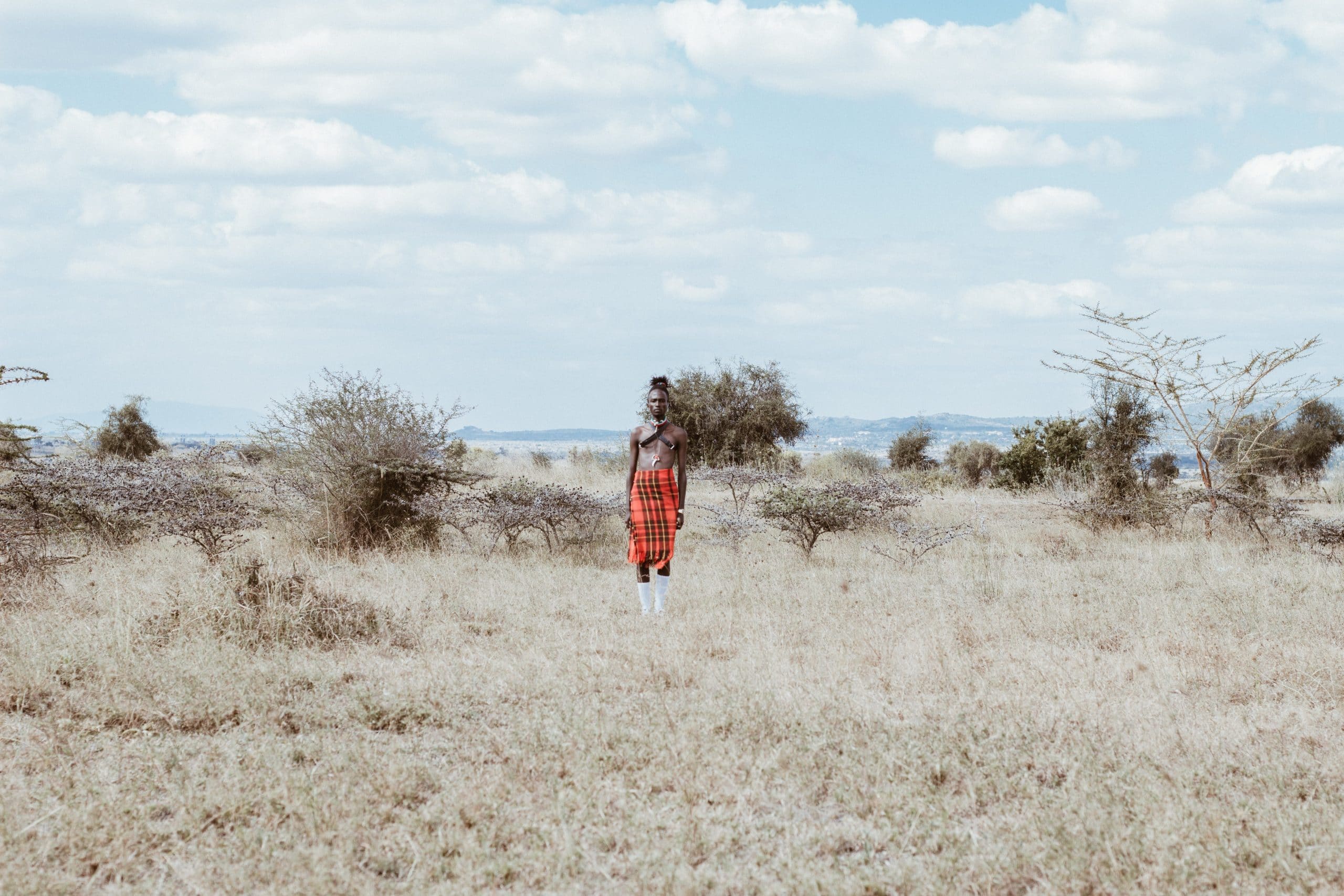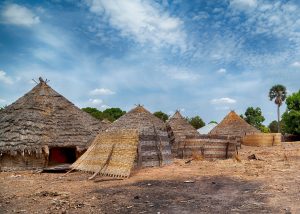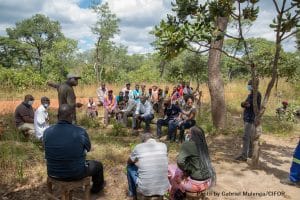The African Commission on Human and Peoples’ Rights supports community-based natural resource management principles in historic resolution
by Chiedza Machaka
The previous article in this series described the theoretical underpinnings of community-based natural resource management (CBNRM), whereby communities living in the commons manage natural resources on their land following rules and principles that avoid the “tragedy of the commons”. The term “tragedy of the commons” refers to an economic problem in which every individual has an incentive to consume a resource, but at the expense of every other individual – with no way to exclude anyone from consuming. From a historical perspective, we saw that African communities appreciate the value of natural resources and have devised customary rules in order to sustainably manage and use their natural resources.
This article explores the legal support for CBNRM derived from laws and resolutions adopted by the African Commission on Human and People’s Rights (ACHPR). CBNRM is highly relevant to today’s challenges, as it provides a means for communities to foster climate resilience on their lands by diversifying their livelihoods through the sustainable use of plants and animals.
CBNRM is premised on the commons theory by Elinor Ostrom, which argues that resources in common lands can be sustainably managed if community members have rights and responsibilities to these resources that are recognized by the state. Additionally, CBNRM is designed such that community members receive direct benefits arising from the use of their resources. These benefits should ideally exceed the perceived costs of managing the resources, thus incentivizing long-term conservation.
While CBNRM programmes are active in many Southern and East African countries, there is also legal support for the concept from the African Commission, which could be used to support current programmes and extend CBNRM across the continent. The African Charter on Human and Peoples’ Rights (known simply as the African Charter), for example, recognises environmental rights in Article 24. It states that ”all peoples shall have a right to a generally satisfactory environment favourable to their development.” Consequently, member states have a positive duty to enforce such this right, and how they do so will depend on specific circumstances of each state party.
Article 24 should be read in conjunction with Article 26 of the Charter which states that: ”Parties to the present Charter…shall allow the establishment and improvement of appropriate national institutions entrusted with the promotion and protection of the rights and freedoms guaranteed by the present Charter.”
Taken together, local communities may rely on Articles 24 and 26 to ensure that not only their environment is protected but also that national institutions are established to promote and protect their rights to sustainably manage their lands, waters and resources for their long-term benefit. CBNRM is therefore a means of recognising the rights established in the Charter.
The recent Resolution 489 – Recognition and Protection of the Right of Participation, Governance and Use of Natural Resources by Indigenous and Local Populations in Africa – by the African Commission on Human and Peoples’ Rights applies Articles 21 and 22 of the Charter. Article 21(3) guarantees the right of all peoples to freely dispose of their wealth and natural resources. Article 22(1) upholds the right to peoples’ economic, social and cultural development with due regard to their freedom and identity and in the equal enjoyment of the common heritage of mankind. Resolution 489 therefore “calls on African States to recognise the rights of indigenous populations and communities over the conservation, control, management and sustainable use of their natural resources including wildlife”.
The African Commission furthermore recognises community participation and management in Resolution 153 on climate change and human rights. This resolution obligates all member states to ”ensure that human rights safeguards, such as free, prior and informed consent, be included into any adopted legal text on climate change.” This is relevant to the common lands in Africa managed under CBNRM, as impacts of climate change such as droughts and flooding may affect the natural resources that these communities rely on for their livelihoods.
In addition to climate change, Article XVII of the Revised Convention on the Conservation of Nature and Natural Resources (hereafter African Convention) requires ”that access to indigenous knowledge and its use be subject to prior and informed consent of the concerned communities and to specific regulations recognising their rights to, and appropriate economic value of such knowledge. Member states must therefore develop measures that allow meaningful participation of local communities that possess indigenous knowledge relating to the use of natural resources. Finally, Article XII (3) of the African Convention obligates member parties to promote the establishment of areas managed by local communities to be used primarily for the conservation and sustainable use of natural resources.
There is therefore substantial support in African Regional policy and legislative frameworks for the practice of CBNRM among communities living in Africa’s common lands. AU member states must ensure: (a) the meaningful participation of local community members with respect to any development taking place within their common lands; (b) the prior and informed consent of local communities before engaging in any development on their land; (c) that traditional knowledge is recognised in these processes and (d) that communities are allowed and supported to establish areas for conservation and use of natural resources.
While the provisions made by the African regional mechanisms provide an important legal basis for local communities to claim and exercise their rights, few communities know about these laws and resolutions and how they could use them. Consequently, the organisations and professionals that work with these communities need to provide them with this information and create broader awareness of their rights as people living in member states of the African regional mechanisms. This will help improve the state of CBNRM programmes in countries where they currently exist and extend the concept of CBNRM to other African countries.

About the author
Chiedza Lucia Amanda Machaka holds a Bachelor of Laws from the University of the Witwatersrand, a Master of Laws in Environmental Law and Governance from North-West University and a Doctor of Laws in International Aspects of Law focusing on Environmental law from North-West University. Her research specialisations and interests are on the law governing communities living in and adjacent to state protected areas, indigenous peoples rights, social-ecological resilience and climate change. Prior to joining Resource Africa, Chiedza worked as a volunteer legal assistant at Ditshwanelo the Botswana Centre for Human Rights, a Project Coordinator for the Freedom of Expression and Access to Information program at the Centre for Human Rights at the University of Pretoria, a legal intern at Greenpeace Africa and a freelance researcher for Executive Research Associates



